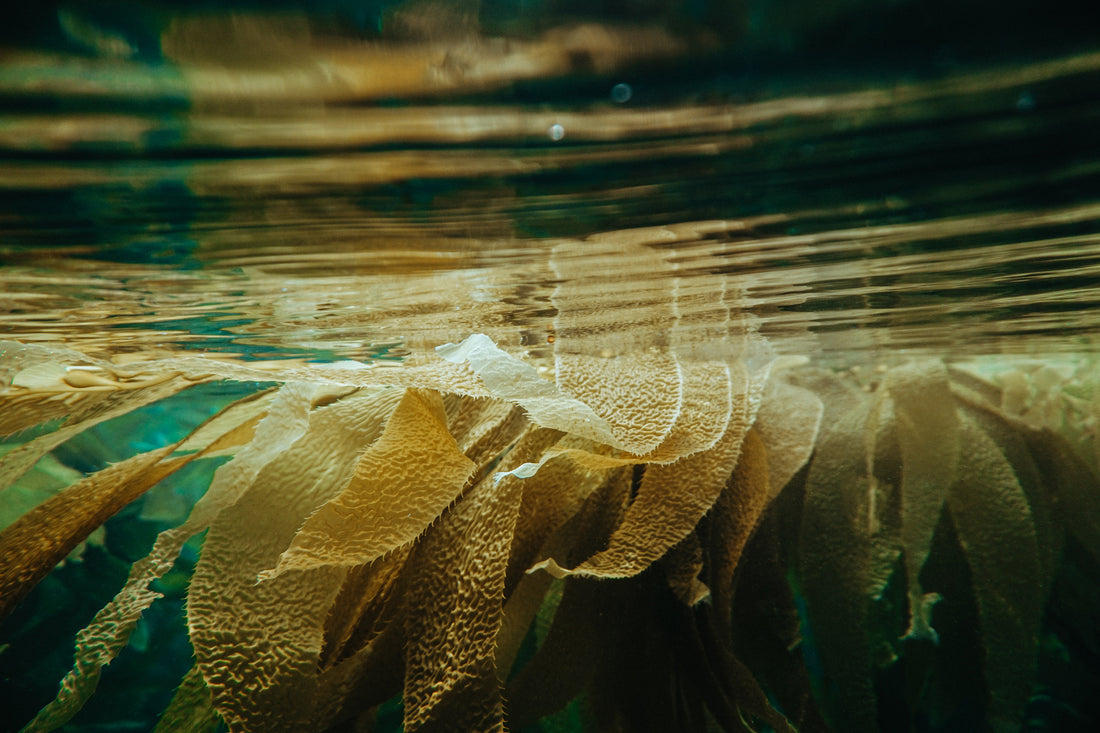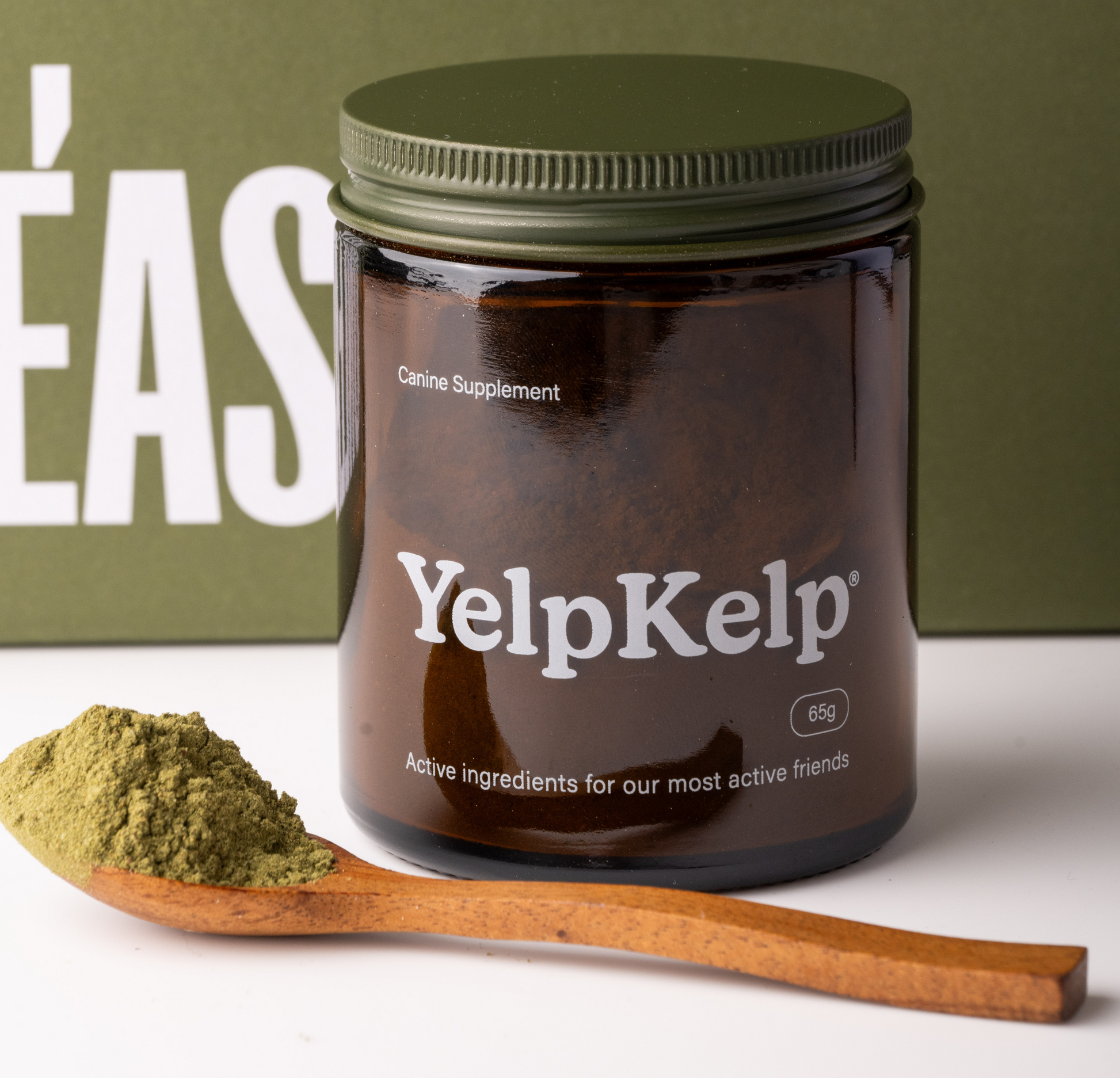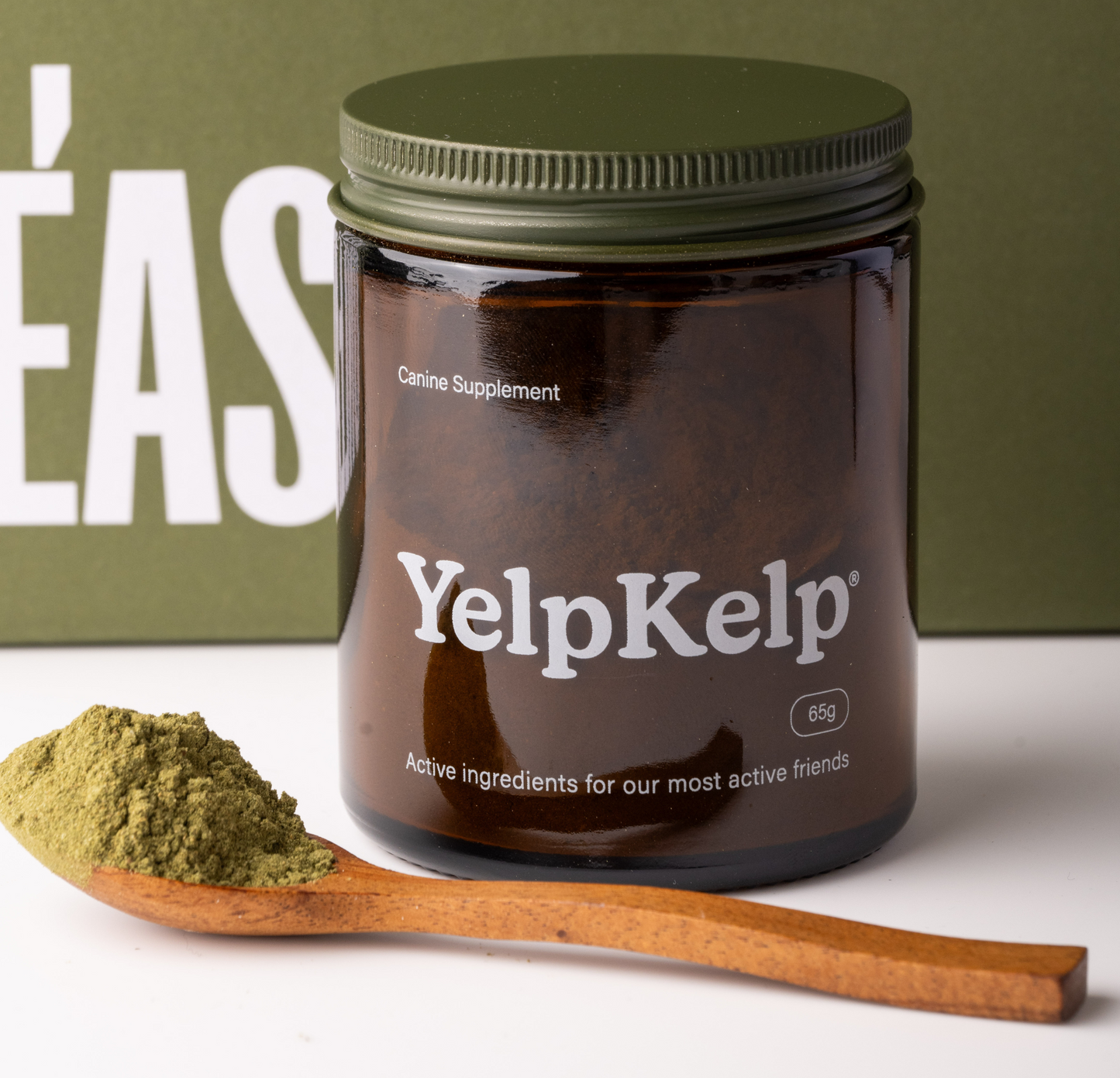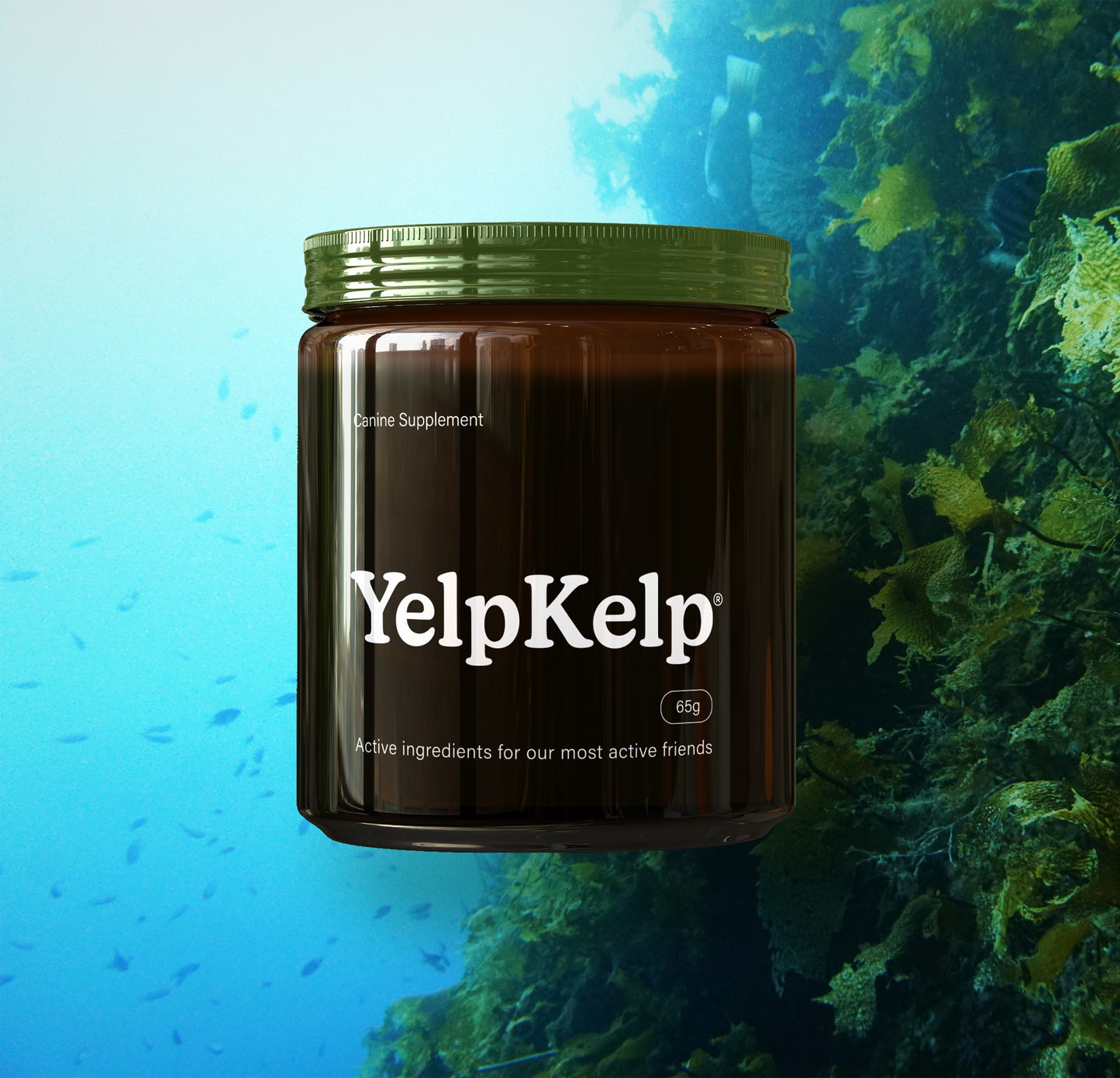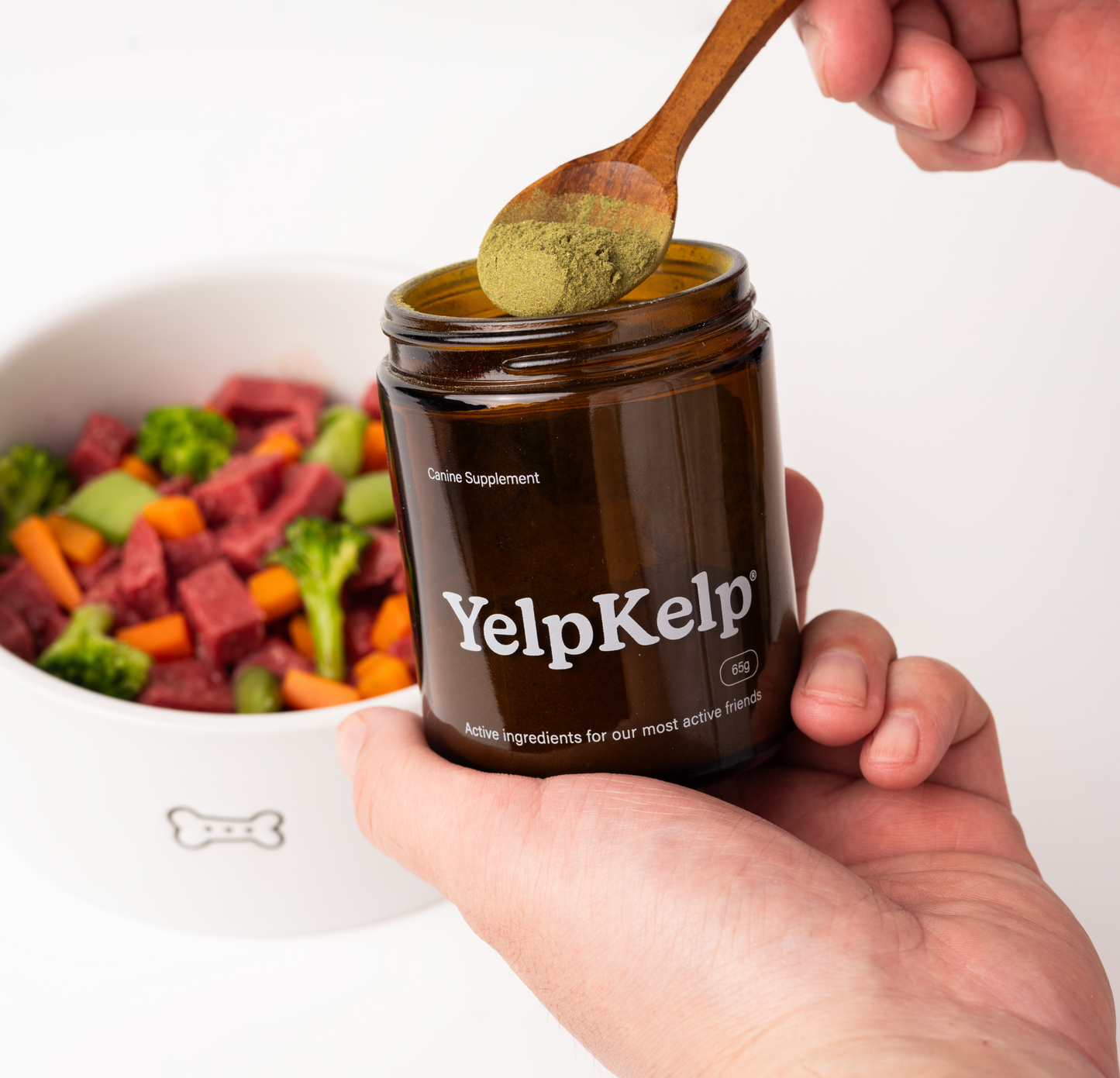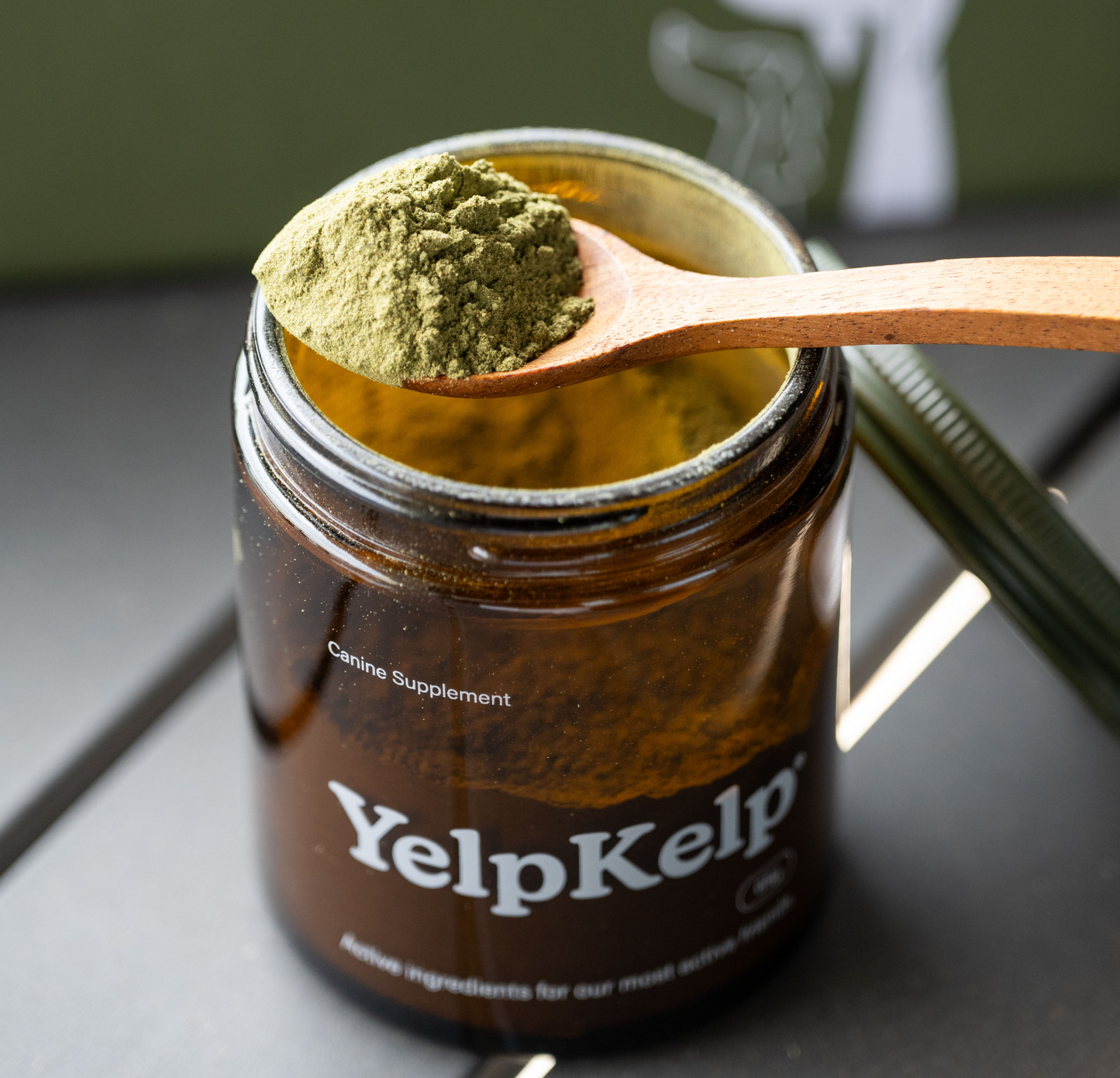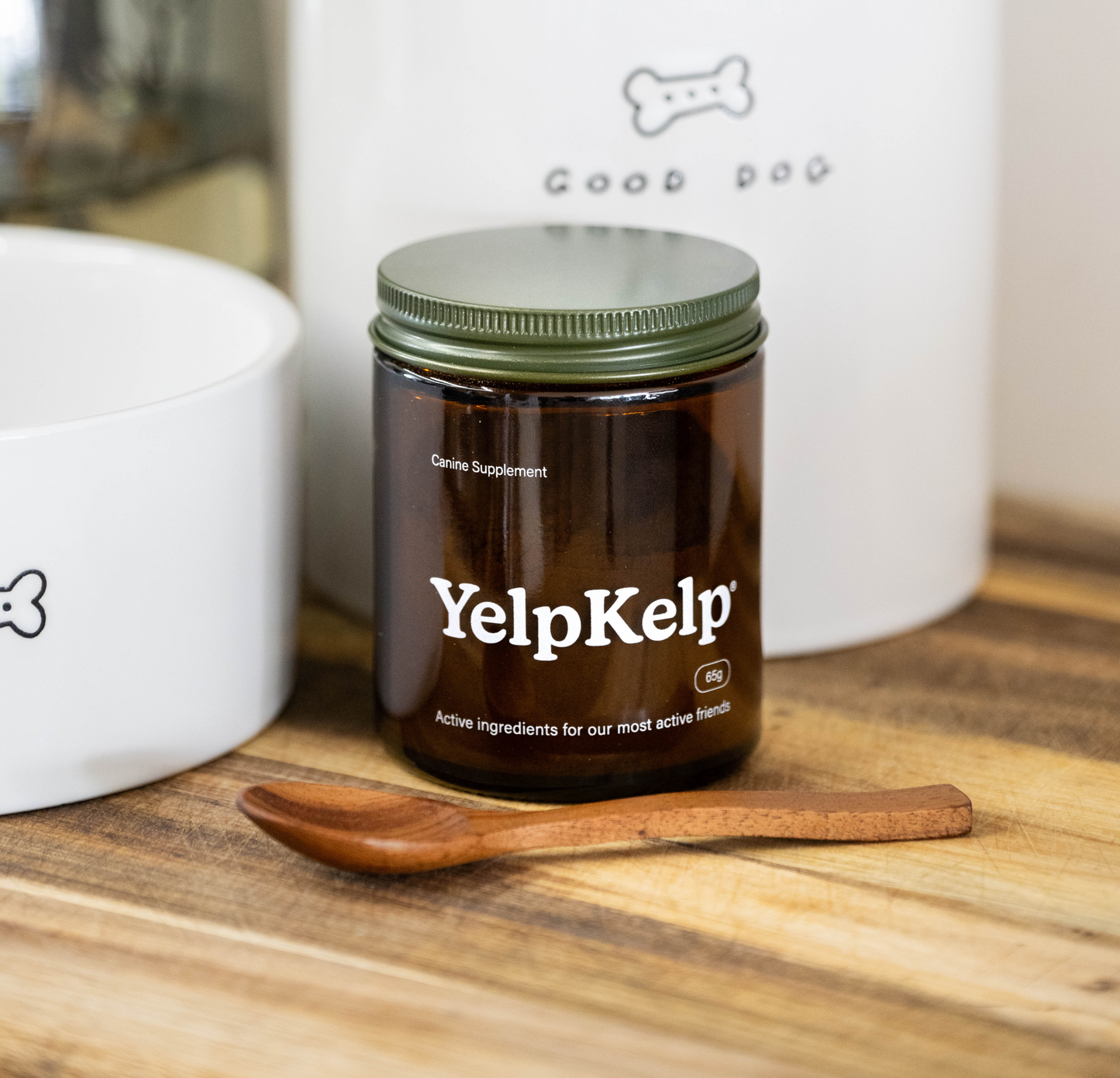Yes, seaweed can play a huge role in fighting climate change by absorbing carbon emissions, regenerating marine ecosystems, creating biofuel and renewable plastics as well as generating marine protein.
Seaweed has essentially been dubbed the “lungs of the earth”. As photosynthesising plants, seaweeds produce the oxygen that we breathe, and nearly two-thirds of all oxygen on earth is produced in the oceans by seaweeds, micro-algae and other aquatic plants such as seagrasses. Seaweeds are not only incredibly important on a global scale for the oxygenation of the atmosphere, but they’re also the foundation of most food webs.
Kelp and other seaweeds, can be developed into sustainable food, medicines, beauty products and now even textiles (yes textiles!) that are much kinder on the earth’s natural resources.
While forests have long been considered the best natural defence in the battle against climate change, researchers have found that seaweed is in fact the most effective natural way of absorbing carbon emissions from the atmosphere. Unlike tree planting, seaweed does not require fresh water or fertilisers and grows at a much faster rate than trees, expanding by up to 60 centimetres or 2 feet a day. But seaweed’s biggest comparative advantage is that it does not compete for demands on land.
Like plants on land, seaweed uses photosynthesis to absorb CO2 and grow biomass. However coastal marine systems can absorb carbon at rates up to 50 times greater than forests on land, according to Emily Pidgeon, senior director of strategic marine initiatives at Conservation International. Globally, seaweeds are thought to sequester nearly 200 million tonnes of CO2 every year.
Due to its ability to regenerate quickly, seaweed has the ability to be a nutritious source of food for a long time, potentially helping to solve the food shortage crises we’re facing. Furthermore, if livestock ate small amounts of seaweed mixed into their normal feed, their methane production would be slashed, stopping millions of tonnes of methane being produced and helping battle global warming and climate change.
Already a $10 billion industry in Japan and expanding, Australia is surrounded by seaweed, with our southern coast home to more unique species of seaweed than any other region on earth.
Dr Alecia Bellgrove, Senior Lecturer in Marine Biology and Ecology at Deakin University, wants people to see beyond how they normally view seaweed and look to it as an answer for some of the world’s most pressing issues.
As a conscious corporation, here at YelpKelp®, our purpose is to continue to collaborate with seaweed industries to expand and promote sustainable seaweed farming to benefit not only the planet but our local economies. We additionally encourage you to explore, experiment and endorse as many products using kelp as possible.

